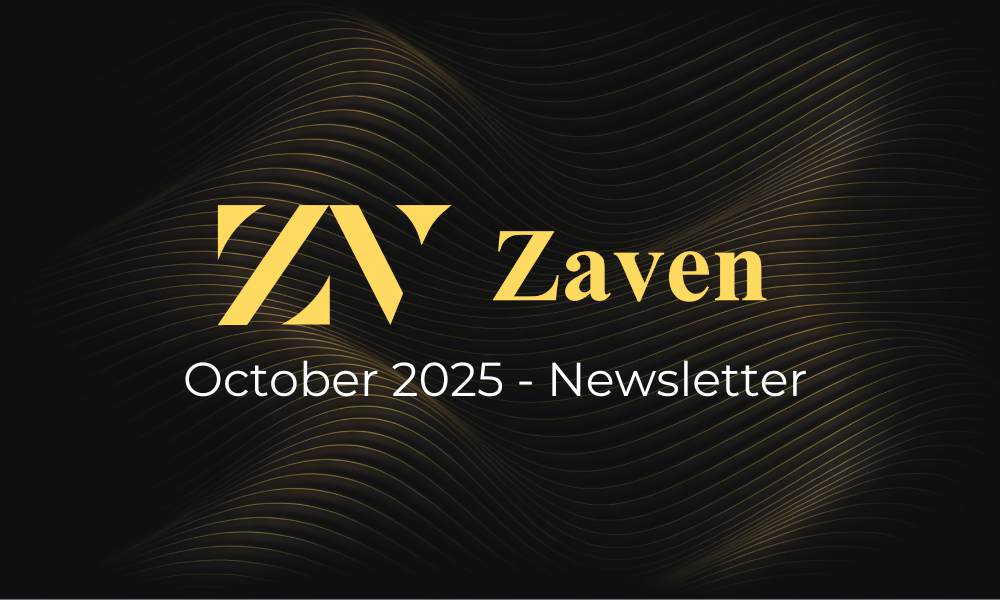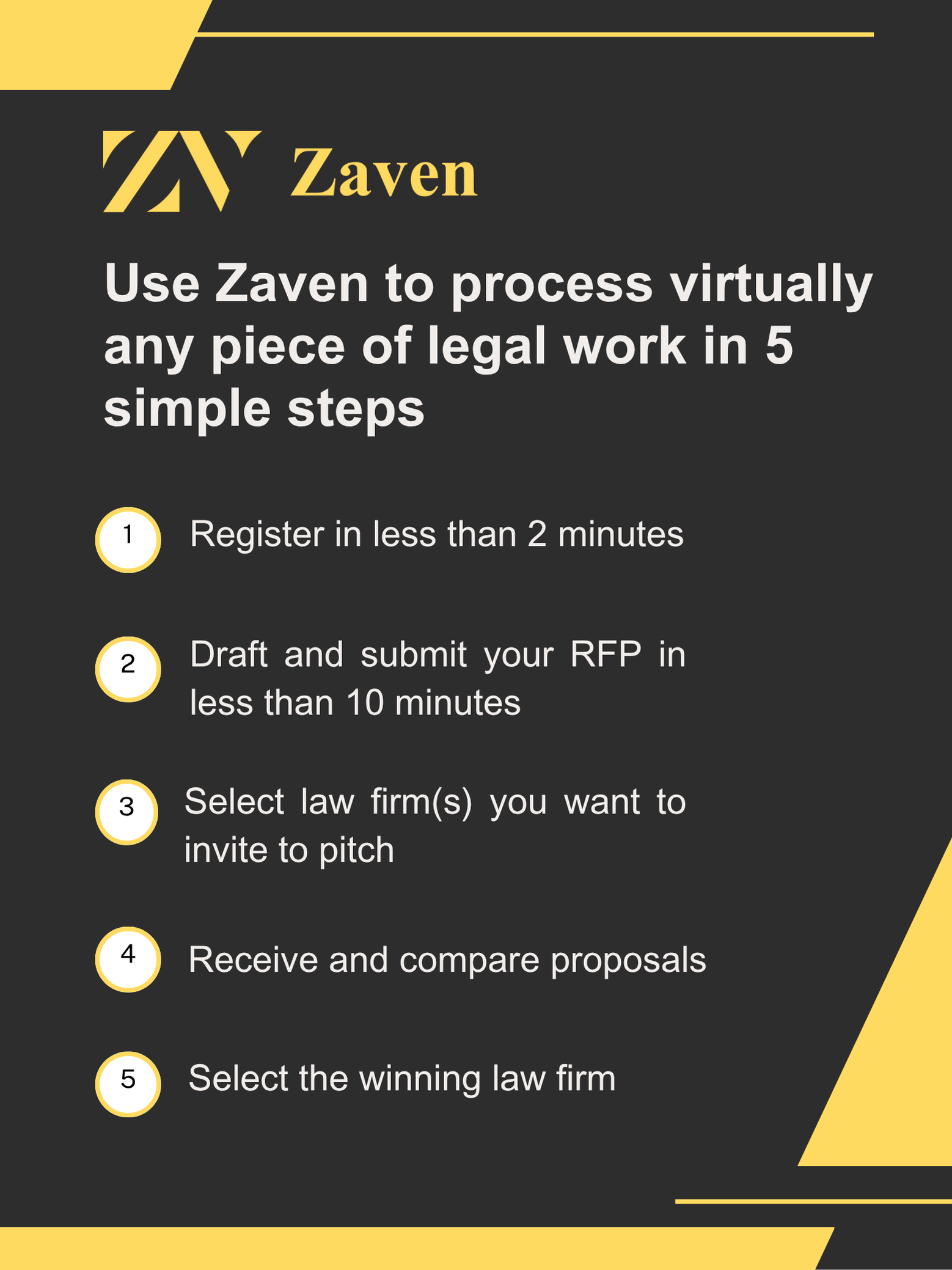As artificial intelligence (AI) rapidly transforms the UK legal sector, firms are striving to integrate this powerful technology while maintaining the irreplaceable value of human expertise. The recent LexisNexis survey highlights this balancing act, revealing both enthusiasm for AI adoption and concerns about its impact on traditional legal practice. Laura Hodgson of Linklaters notes that AI tools are already adding real value to legal work, while Pawel Lipski of Bird & Bird raises concerns about the future of legal training in an AI-dominated landscape.
The survey shows that 60% of the legal industry has made at least one internal change to implement generative AI, with large law firms leading the charge. Greg Baker from Linklaters emphasizes their role as early adopters, highlighting frequent discussions with key vendors about future developments. While AI promises increased efficiency, with 71% of lawyers citing faster work delivery as a key advantage, it also raises questions about the future of legal practice.
As the legal sector navigates this AI revolution, the challenge lies in striking the right balance between leveraging technology and preserving critical thinking and judgment. May Winfield of Buro Happold sees AI as a tool that allows legal teams to focus on higher-value activities, such as risk analysis and strategic decision-making. The future of law will likely be shaped by those who can effectively combine the strengths of AI with human intelligence, delivering faster and more accurate services while maintaining the highest standards of quality and ethical practice.







